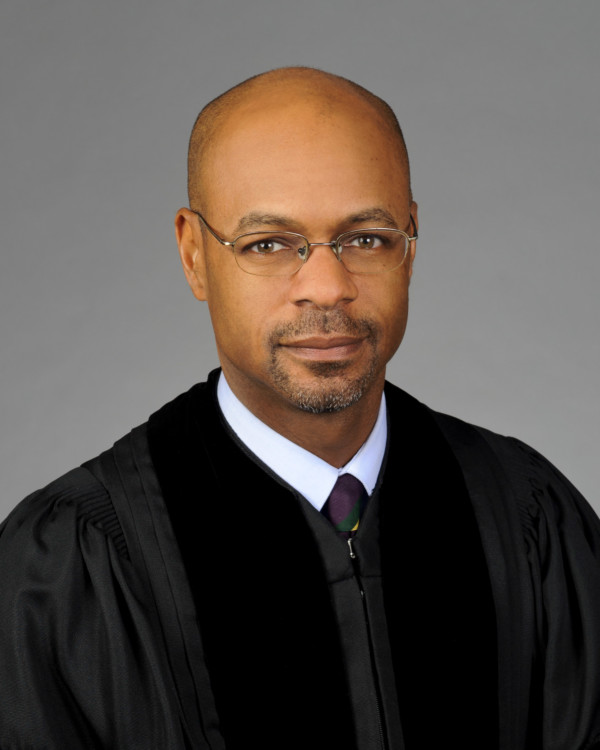
ATLANTA – Judges across Georgia should be prepared to hold off resuming in-person court proceedings if the recent surge of COVID-19 cases makes returning to courtrooms unsafe, Georgia Chief Justice Harold Melton said Wednesday.
Melton’s announcement came as he signed his ninth order extending the statewide judicial emergency he first declared back in mid-March, when the coronavirus pandemic began to take hold in Georgia.
Wednesday’s order is similar to monthly orders Melton has issued since September authorizing judges to resume grand jury proceedings and jury trials, as long as the courts followed strict public health guidelines safeguarding all those entering the courthouse.
However, the order also acknowledged recent public health reports that the spread of COVID-19 is worsening significantly in many parts of the state.
“While this order does not impose a blanket shutdown of non-essential in-person proceedings, courts should remain vigilant of changing COVID-19 conditions and be prepared to suspend jury trials as necessary and to reconsider grand jury proceedings as well,” the order states.
The order goes on to warn that courts deciding to hold in-person proceedings should only do so if they can maintain safety.
“We recognize there is such a thing as Zoom fatigue,” Melton said. “But we urge people not to get weary just yet. Now is not the time to relax, especially as we anticipate the arrival of vaccinations in the next few months.”
The order urges judges who decide to conduct in-person proceedings to manage their calendars in a way that minimizes wait times and avoids having groups of people congregating in the courtroom or other common areas of the courthouse. It also suggests that district attorneys prioritize for indictment criminal cases of defendants who have been detained.
Previous orders had placed a stay on the legal requirement that detained defendants have a grand jury hearing within 90 days or be granted a bond.
“We will be lifting that stay at some point and prosecutors should be prioritizing the cases they need to present to grand juries to reduce backlogs,” Melton said.
Wednesday’s order extends the judicial emergency for another 30 days through Jan. 8.